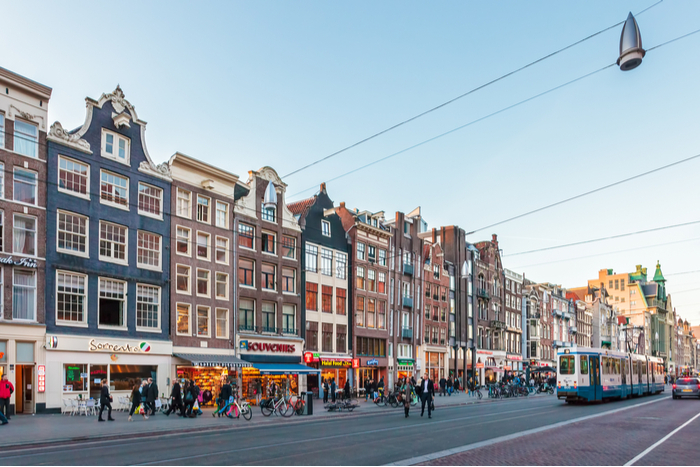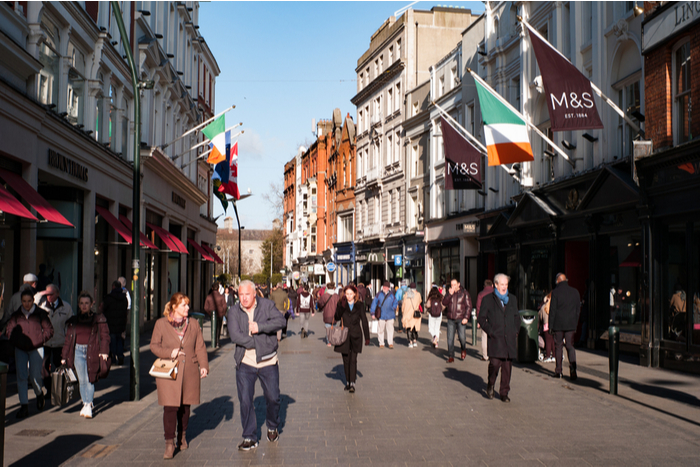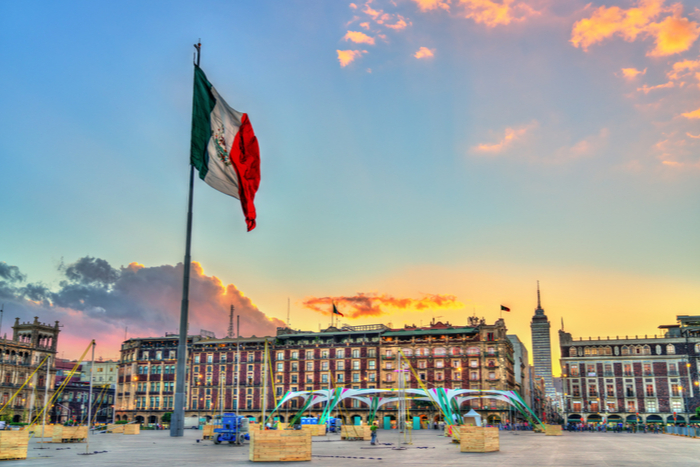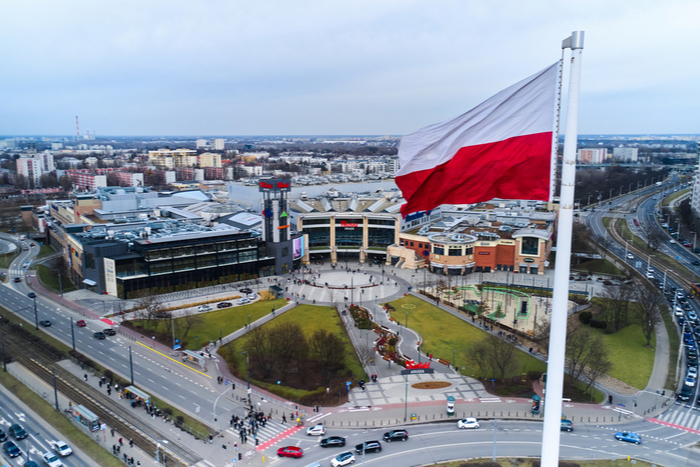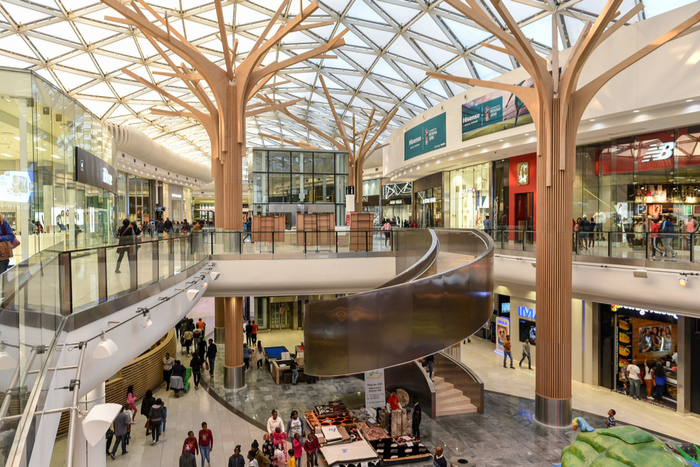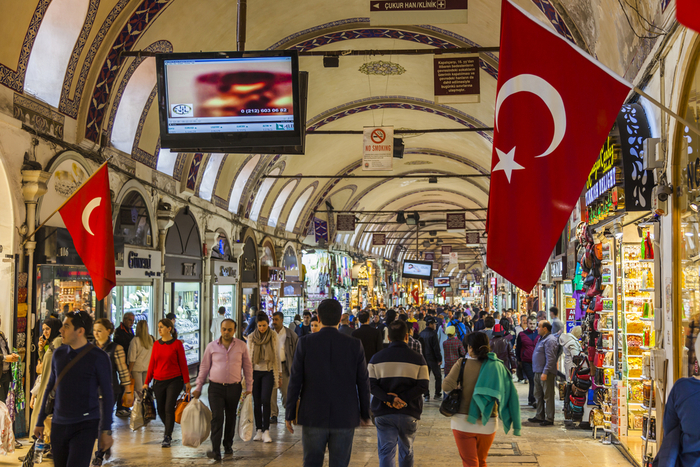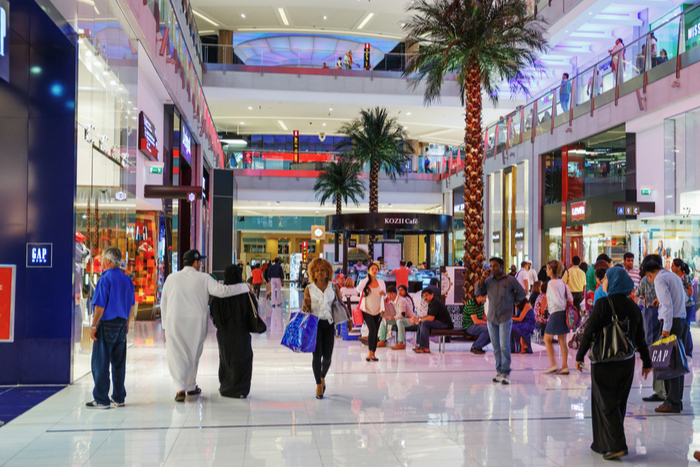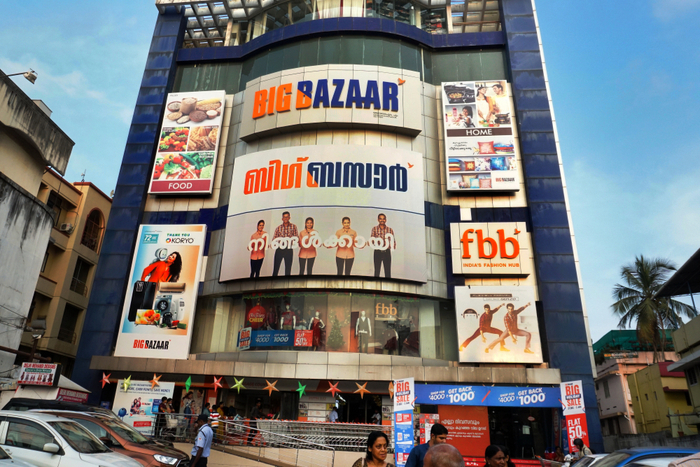Italy continues to be one of the worst affected countries in Europe in terms of Covid-19 pandemic, with over 41,700 deaths reported and 960,000 active cases at the time of writing.
Aside from a strong focus on cars, electronics, and fashion products, one of the biggest drivers of Italy’s economy is tourism, and the huge amount of retail sales that it brings. But since the start of the pandemic, tourism levels have dropped worldwide due to lockdowns, strict quarantine rules and heightened fear.
Italy has been forecast to lose a total of €36.7 billion (£33 billion) from its economy due to the collapse of international travel this year, according to a report by World Travel & Tourism Council (WTTC).

The report also suggested that international visitor spending could drop by a staggering 82 per cent – equating to a shortfall of €100 million (£90 million) a day, or €700 million (£630 million) a week – if an approach to revive its economy is not taken.
Before the current second wave of the pandemic took a hold of Italy and brought on new restrictions across the country, the WTTC called upon Italian Prime Minister Giuseppe Conte to urge for a coordinated approach to be taken to lead the global recovery response to the Covid-19 crisis.
“It could threaten Milan’s position as a global financial powerhouse for business,” WTTC president and chief executive Gloria Guevara said.
“The economic pain and suffering caused to millions of households across Italy, who are dependent upon a thriving travel and tourism for their livelihoods, is evident from our latest shocking figures.”

Italy’s economy is dominated by only a handful of large businesses – some of which are state-owned.
At the same time, much of the economy prospers thanks to over three million small to medium-sized enterprises – many of which are retailers and most of which are owned by a families or a partnership.
Although retail sales decreased in July, partial recovery after lockdown was confirmed via quarter-on-quarter comparisons. Sales value grew by 12.1 per cent and sales volume rose by 11.5 per cent, according to The Italian National Institute of Statistics.

Some of the biggest and best-known retailers in Italy are the Benetton Group, Prada, Geox and Bottega Veneta, while the parent company of British online retailer Net-a-Porter, Youx Net-a-Porter, is headquartered in Milan.
To highlight a similarity between Italy and the UK, the “big four” retailers in both nations are dominated by supermarkets. In Italy, these are Coop Italia, Conad, Esselunga and Eurospin.
Similar to their British counterparts, Italian consumers were also entangled in the fear of running out of food and toilet paper, prompting a wave of stockpiling and panic-buying. Between March 9 and 15, Italy’s grocery sector reported a sales increase of 16.4 per cent, according to Statista.
“Italy was one of the first nations in Europe to decree the lockdown”
During its nationwide lockdown earlier this year, Italy experienced a significant growth in retail sales value, if compared with the average values of the previous year. Consumers in the southern regions appeared the most eager to make provisions. During the mentioned week, the retail sales value in the south grew 28.4 per cent.
Roberta Cattaneo, partner at Savills, told Retail Gazette that the categories which witnessed the highest growth in online sales were grocery, which saw a growth of 56 per cent.
“Grocery chains found their online channels overwhelmed with requests and often failed to fully meet the unexpected growth of the demand,” she said.
“Supermarkets managed not to run out of stocks and to provide a seamless service during the whole period.
“Perceived uncertainty also led to a general inclination towards savings, accentuated during the lockdown given the reduced possibilities to buy from brick-and-mortar stores and to enjoy a great range of services.
“Restaurants are still failing to properly recover, given the safety distancing limitations in place, and services and clothing are alike facing great challenges.”
Antonella Ceschi, partner at law firm Bird & Bird, said: “Italy was one of the first nations in Europe to decree the lockdown – on February 26, 2020 for some regions of Northern Italy and on March 11, 2020 for the whole of Italy – with the exception of a few businesses, such as food and pharmacies.
“Italy came out of the lockdown only on May 18, 2020 in a partial way, many sectors such as entertainment and sport remain closed – even to this day – with an impact on the commercial sector.
“During the months of the summer period, Italy enjoyed a period of economic recovery”
“At the reopening of the shops, the retail trade suffered greatly both due to the loss of receipts due to the closure, and to the contraction in the spending capacity of families due to the decrease in income due to the layoffs of many workers.
“In addition, the businesses had to pay fixed management costs – such as rental fees – which had been postponed for the period of the lockdown.
“During the months of the summer period – June, July and August – Italy enjoyed a period of economic recovery especially in the catering and national tourism sector, due to the preference of Italians not to travel abroad.
“However, the lack of foreign tourists, especially Germans and English, is bringing negative revenues compared to the same period of 2019.”
Giovanni Meda, founder of ecommerce platform Kooomo, said Italy saw changes in the retail industry when the government decided to postpone seasonal sales that were typically in July to August.
“This created an even bigger problem for retail,” he told Retail Gazette.
“Fashion retailers in Italy are normally inundated with international tourists, in particular, those from China, US and the UK, so this year the sector really felt that loss.
“That had a massive effect on retail in Italy. I think on the coast it was a bit better in terms of local tourism in villages and on the islands, things were a little better in Puglia, Tuscany, etc.”
He maintained that the situation in Italy had returned to normal to a certain extent – albeit this was before the second wave it is currently experiencing, and the effect of the lack of tourism was still keenly felt.
“The retail industry has invested in online and digital commerce since the beginning of lockdown in March. That was an eye opener for many companies,” Meda said.
He added that even though many retailers have invested in offline, “this is not something that you can perfect in a day”.
“Even if they have had high online sales, it is not enough to cover all the losses they’ve had in traditional retail,” he added.
Federico D’Agostino, marketing manager for Italy at shipping solution Sendcloud, agreed. He added that “Italians are less used to buying online” as the shift to online shopping was only recent. He said the silver lining of the pandemic was that it pushed Italy into digitisation a lot faster than expected.
“Italy, historically, is a very creative country with a very low technology-adoption rate,” he told Retail Gazette.
“This pandemic forced retailers, who saw a heavy decrease in physical sales, online.
“We can definitely say that – compared to British consumers – Italians are still in a learning phase.”
According to D’Agostino’s research with Sendcloud, Italians spend on average €116.60 per online order, which is lower than the European average of €129.10. Prior to the pandemic, Italians ordered online 1.9 times a month, ordering 5.4 products per order, but have ordered 2.9 more products on average.
D’Agostino said his research also found that 37 per cent of Italian consumers would buy more products online instead of in a physical store after the Covid-19 pandemic.
Meanwhile, Meda highlighted how there has been a “very strong counter effect” as the pandemic forced Italians to leave cities to return to their own villages.
“People are happy now to stay in the villages if they can work from there,” he said.
“The negative impact of Covid-19 has been felt more in the cities than in the small towns.
“These tourist towns are now experiencing Italian tourism which they might not have had originally, so there has been a counter effect for sure.”
Click here to sign up to Retail Gazette’s free daily email newsletter



